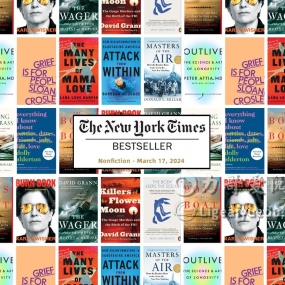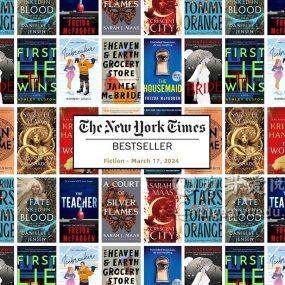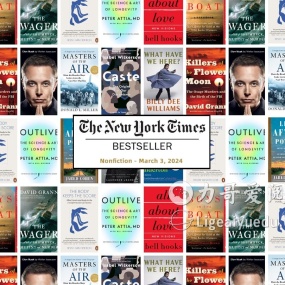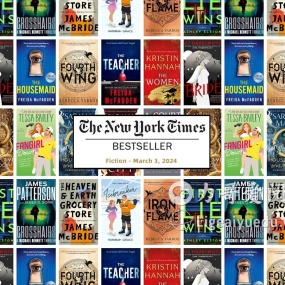
Glück was born in New York City of Hungarian Jewish heritage and grew up on Long Island. Glück attended Sarah Lawrence College and later Columbia University.
In 2020, Glück was awarded the Nobel Prize in Literature, “for her unmistakable poetic voice that with austere beauty makes individual existence universal.”
Averno is a small crater lake in southern Italy, regarded by the ancient Romans as the entrance to the underworld. That place gives its name to Louise Glück’s tenth collection: in a landscape turned irretrievably to winter, it is a gate or passageway that invites traffic between worlds while at the same time resisting their reconciliation.
Averno is an extended lamentation, its long, restless poems no less spellbinding for being without conventional resoltution or consolation, no less ravishing for being savage, grief-stricken. What Averno provides is not a map to a point of arrival or departure, but a diagram of where we are, the harrowing, enduring present.
Averno is a 2006 National Book Award Finalist for Poetry.
A Village Life, Louise Glück’s eleventh collection of poems, begins in the topography of a village, a Mediterranean world of no definite moment or place:
All the roads in the village unite at the fountain.
Avenue of Liberty, Avenue of the Acacia Trees—
The fountain rises at the center of the plaza;
on sunny days, rainbows in the piss of the cherub.
—from “tributaries”
Around the fountain are concentric circles of figures, organized by age and in degrees of distance: fields, a river, and, like the fountain’s opposite, a mountain. Human time superimposed on geologic time, all taken in at a glance, without any undue sensation of speed.
Even when collected, Louise Glück’s poetry resists collection. With each successive book her drive to leave behind what came before has grown more fierce, the force of her gaze fixed on what has yet to be imagined. She invented a form to accommodate this need, the book-length sequence of poems, like a landscape seen from above, a novel with lacunae opening onto the unspeakable.
The reiterated yet endlessly transfigured elements in this landscape—Persephone, a copper beech, a mother and father and sister, a garden, a husband and son, a horse, a dog, a field on fire, a mountain—persistently emerge and reappear with the dark energy of the inevitable, while at the same time are shot through with the bright aspect of things new-made.
A luminous collection of essays from one of our most original and influential poets
Five decades after her debut poetry collection, Firstborn, Louise Glück is a towering figure in American letters. Written with the same probing, analytic control that has long distinguished her poetry, American Originality is Glück’s second book of essays—her first, Proofs and Theories, won the 1993 PEN/Martha Albrand Award for First Nonfiction. Glück’s moving and disabusing lyricism is on full display in this decisive new collection.








